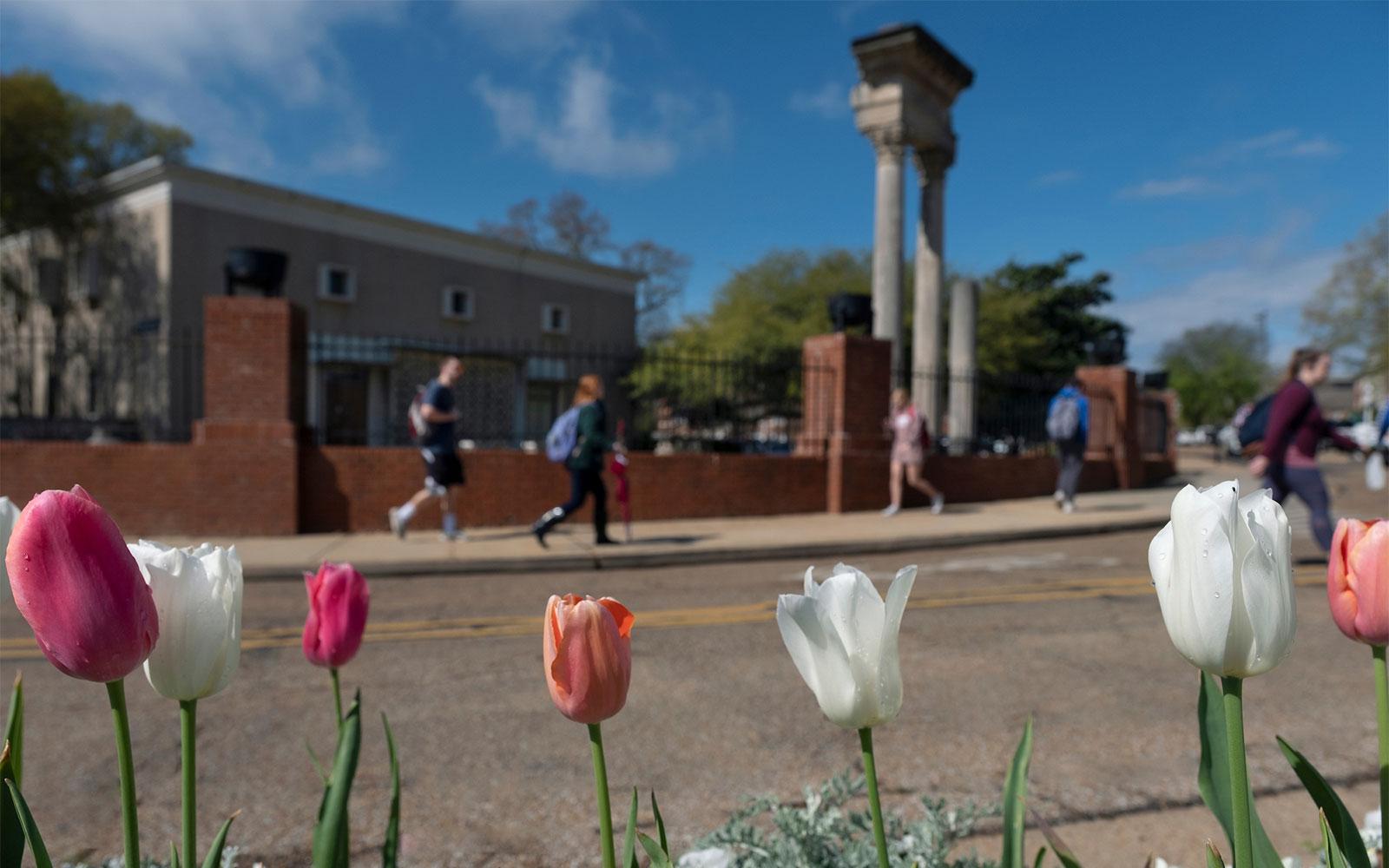Statewide missing person investigations gain valuable help from MSU forensic expertise
Contact: Allison Matthews
STARKVILLE, Miss.—Mississippi State University’s Forensic Recovery Unit this week worked on the case of a missing Kansas woman whose body was recovered Monday [July 14] from a shallow grave in Lawrence County.
“Cases like this are always very difficult, but this is what we do—use our archaeological expertise in crime scene investigation to serve families who need closure, assist law enforcement with recovery and identification of human remains, and give back to our communities and state through our service and specialization,” said Jimmy Hardin, director of MSU’s Cobb Institute of Archaeology.

He explained that the university’s Forensic Recovery Unit is a collaborative entity involving the MSU Police Department and faculty researchers affiliated with both the Cobb Institute and Department of Anthropology and Middle Eastern Cultures, where Hardin also serves as professor and head.
Along with its faculty, internationally recognized for special training and expertise in the fields of biological and forensic anthropology, epidemiology and related areas, MSU also assists with geophysical technics to investigate ground disturbances, including ground-penetrating radar and magnetic gradiometers. The Mississippi Chemical Laboratory, located on MSU’s campus, and several academic and research units have the necessary capabilities to process and analyze materials critical to Mississippi law enforcement.
This spring, MSU President Mark E. Keenum visited the Mississippi Department of Public Safety to sign a Memorandum of Agreement with Public Safety Commissioner Sean J. Tindell, formalizing a partnership to work on forensic investigations. These may include recovery of human remains, exhumations, surface scatter, as well as identification of human skeletal remains.
Hardin said, “We have been involved more and more in assisting other agencies with cold cases and missing persons. Using archaeological methods—to make sure that identifications are absolute—this work has a lot of significance,” he said.
MSU PD Assistant Chief Brian Locke said the partnership is having a positive impact, bringing closure to families of the missing. MSU PD contributes the law-enforcement perspective as part of the Forensic Recovery Unit as the university interacts with agencies across the state, assisting with excavations, maintaining crime scene integrity and, in some remote locations, helping with site security.
In addition to the Department of Public Safety—including its Bureau of Investigation, Bureau of Narcotics and Highway Safety Patrol—MSU partners with the FBI and various sheriff and police departments across the state. Collaborations also involve additional state forensics and evidence labs.
MSU Assistant Professor Jesse Goliath, a fellow of the American Academy of Forensic Sciences, has extensive experience working with law enforcement and now regularly provides forensic anthropology and recovery skills across the state. He also teaches MSU method courses in forensic anthropology for undergraduate and graduate students. Master’s-level students working on applied anthropology degrees gain real-world experience as part of the Forensic Recovery Unit.
“We are training students for vitally important jobs in the state, whether they want to go into crime scene investigation, forensic chemistry and biology, or even other areas like cyber forensics. Mississippi State has the means to educate these specialists in our state,” Goliath said.
Goliath is founding director of the Mississippi Repository for Missing and Unidentified Persons, housed at MSU and designed as a clearinghouse database to help identify, resolve and archive the state’s missing and unidentified persons cases.
In addition to providing biological and anthropological forensics, MSU provides digital forensics expertise and leads the Mississippi Cyber Initiative, which partners with a host of law enforcement agencies on investigations that have a digital component.
Learn more about the university’s Cobb Institute of Archaeology and Department of Anthropology and Middle Eastern Cultures, both housed in MSU’s College of Arts and Sciences, at www.cobb.msstate.edu and www.amec.msstate.edu. The nationally accredited MSU Police Department is online at www.police.msstate.edu.
Mississippi State University is taking care of what matters. Learn more at www.msstate.edu.